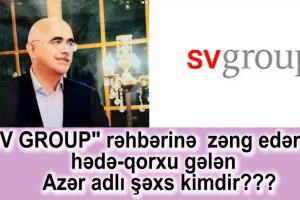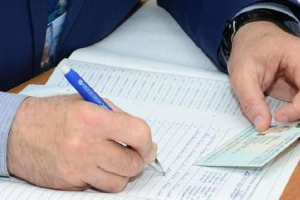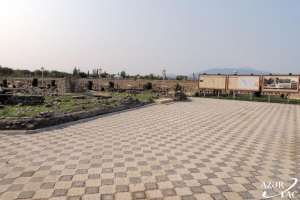


The Israel Electricity Authority will allow citizens to sell Hevrat Hashmal electricity generated by solar panels on the roofs of private houses.
Under the current rules, the Electric Company does not pay its consumers for the surplus of electricity produced by solar batteries - it only reduces the accounts in the framework of the "Net Net" program. If the power of household solar panels exceeds consumption within the household, this excess Hevrat Hashmal takes away for free.
In addition, Hevrat Hashmal retains the monopoly right to connect domestic solar panels to the common power system, and these services are prohibitively expensive.
It is not surprising that, under such conditions, the installation of solar panels on the roof of a private house in Israel still remains unprofitable - despite a sharp drop in prices for them.
To go to relaxation, the government forced Israel's catastrophic backwardness in "clean" energy and the disruption of the implementation of previously adopted government programs: Israel still receives only 2% of its electricity from renewable sources, and this figure has not changed for several years.
This situation is a direct result of the actions of the Ministry of Infrastructure (the current Ministry of Energy). After the adoption of the first government program for the development of clean energy in 2008, a boom in solar energy began in the country.
The government's decision obliged Hevrat Hashmal to buy solar energy from small and medium-sized producers at preferential, gradually decreasing tariffs. Electricity production by small household solar panels in 2009 increased by 275 times, small commercial solar cells in the same year increased production by 139 times.
But the government quickly strangled the spontaneous "solar revolution". Quotas for the sale of solar energy were installed meager (35 megawatts), small private owners exhausted them in a few months. The Ministry of Infrastructure has twice increased quotas, but, in the end, set their final ceiling at 120 megawatts.
In 2011, the Knesset Information and Research Center notified the deputies that the Ministry of Infrastructure is freezing the development of small and medium-sized solar power stations in Israel and jeopardizing the ruin of dozens of firms operating in this market.
So in the end it happened: small companies left the Israeli market, and the sector of "clean" energy was given to the same pyramidal monopolies that control the other profitable industries. Here they are all the same Sheri Arison, Shaul Alovich, Yitzhak Tshuva and other "captains of the Israeli economy."
Will the Israelis start covering the roofs of their homes with solar panels with the same enthusiasm as in 2009? It will depend on a lot of details, including the tariffs for the purchase of solar electricity, which are not yet established.
The government pledged to increase the share of clean energy sources to 10% by 2020. Compared with the plans of the EU countries, this goal looks very modest, but its reach is still a big question.














